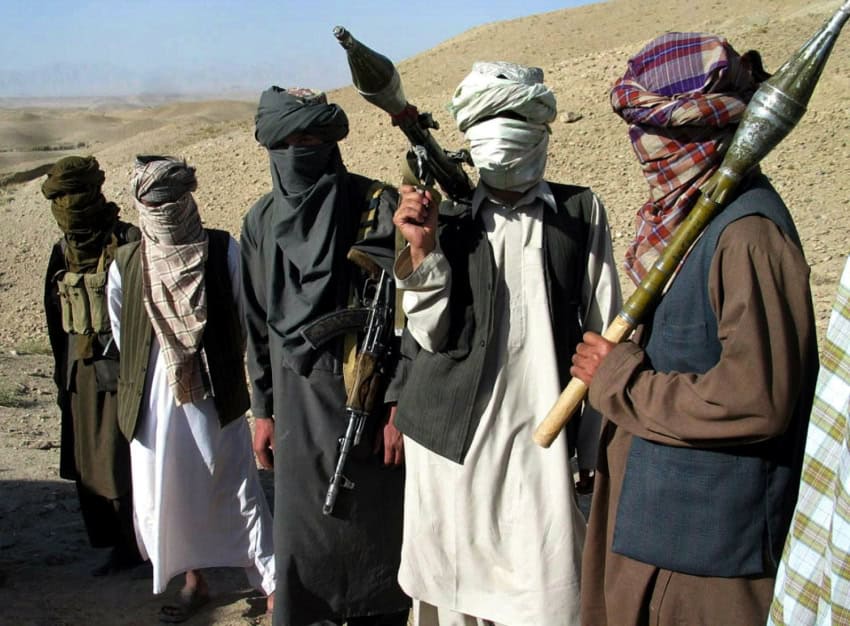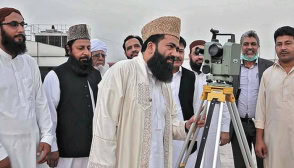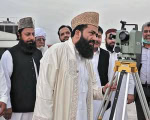ISLAMABAD (Staff Report) – Pakistan on Friday rejected report by Associated Press news agency that a Pakistani operative was among those targeted in the US bombing of a Kunduz hospital run by Doctors without Borders (MSF).
Foreign Office spokesman Qazi Khalilullah said, “Allegations implicating Pakistan are baseless”, local media reported.
“I want to reiterate that non-interference in Afghanistan’s internal affairs is a key pillar of our Afghan policy,” the FO spokesman said.
“Pakistan is fully committed towards preventing its territory from being used against any other country, including Afghanistan.”
The US based news agency claimed late Thursday that American special operations analysts had been gathering intelligence on the MSF facility – which they knew was a protected medical site – because they believed it was being used by a Pakistani operative to coordinate Taliban activity.
It’s unclear whether commanders who unleashed the AC-130 gunship on the hospital – killing at least 22 patients and hospital staff – were aware that the site was a hospital or knew about the allegations of possible enemy activity.
The Pentagon initially said the attack was to protect US troops engaged in a firefight and has since said it was a mistake.
The special operations analysts had assembled a dossier that included maps with the hospital circled, along with indications that intelligence agencies were tracking the location of the alleged Pakistani operative and activity reports based on overhead surveillance, according to a former intelligence official familiar with the material.
The intelligence suggested the hospital was being used as a Taliban command and control centre and may have housed heavy weapons.
After the attack – which came amidst a battle to retake the northern Afghan city of Kunduz from the Taliban – some US analysts assessed that the strike had been justified, the former officer says.
They concluded that the Pakistani, believed to have been working for the Inter-Services Intelligence (ISI), had been killed.
No evidence has surfaced publicly to support those conclusions about the alleged operative’s connections or his demise.
The former intelligence official was not authorised to comment publicly and spoke only on condition of anonymity.
The new details about the military’s suspicions that the hospital was being misused complicate an already murky picture and add to the unanswered questions about one of the worst civilian casualty incidents of the Afghan war.
They also raise the possibility of a breakdown in intelligence sharing and communication across the military chain of command.
Pentagon officials declined to comment over the issue.

















